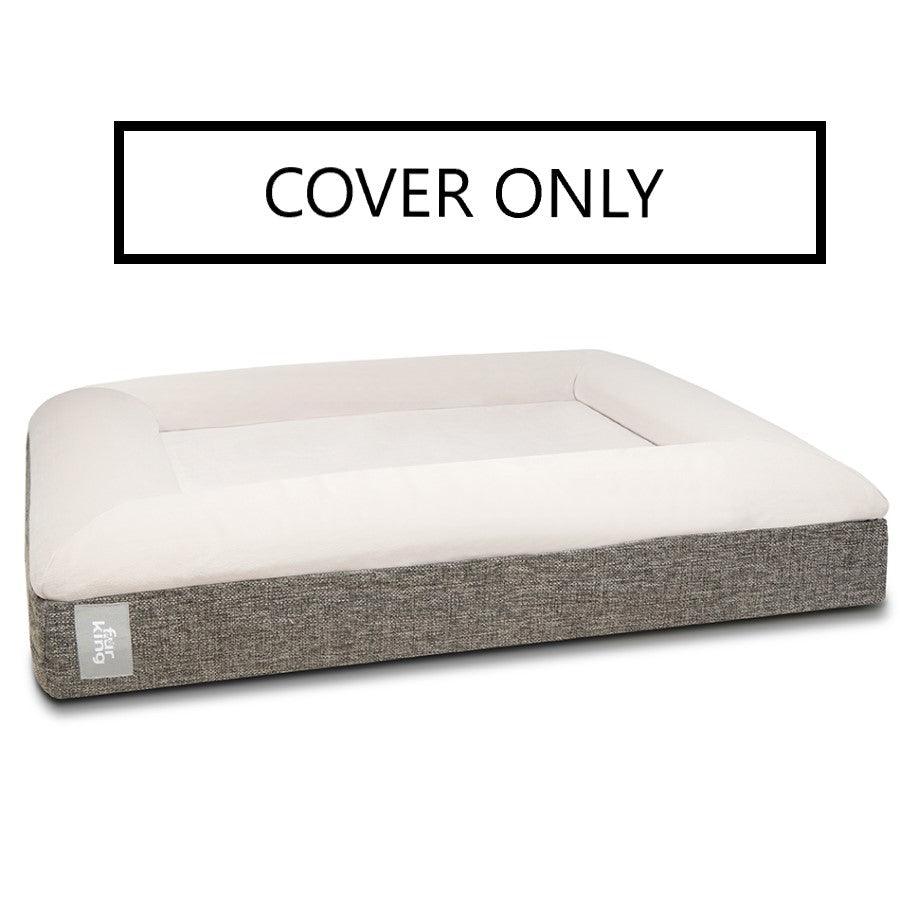Orthopedic Dog Beds & Covers | Our Fur King Brilliant Collection
Fur King Dog Beds
Comfort, Durability, and Style for Your Best Friend
At Fur King, we understand that your dog isn't just a pet, but a part of your family. That's why we offer a range of high-quality dog beds designed to meet the unique needs of your furry friend.
Our Dog Bed Collections
Orthopedic Dog Beds: Designed with your dog’s comfort in mind, our orthopedic beds provide essential support to aging joints and are perfect for all dogs, especially those with arthritis or other joint issues.
Why Choose Fur King Dog Beds?
Each bed in our collection is designed with deep knowledge and understanding of what dogs love and need. Here’s what sets our beds apart:
Premium Quality Materials: We use only the best materials that are safe and durable, ensuring comfort that lasts.
Tailored for Comfort: From soft, plush fabrics to ergonomically supportive designs, each bed is crafted to ensure your dog’s maximum comfort.
Designed to Last: With features like chew-resistant materials and washable covers, our beds are made to withstand the rigors of pet life.
Find the Perfect Bed for Your Dog
Not sure which bed is right for your pet? Our customer service team is here to help you choose the perfect model that fits your dog’s size, age, and health needs.












